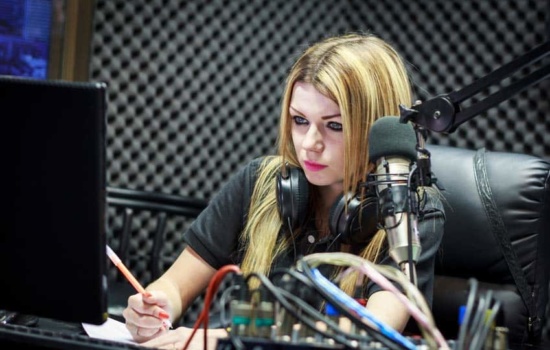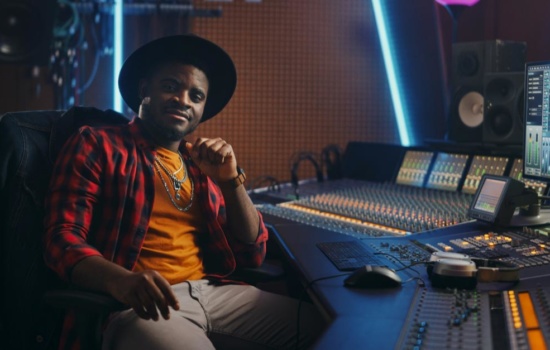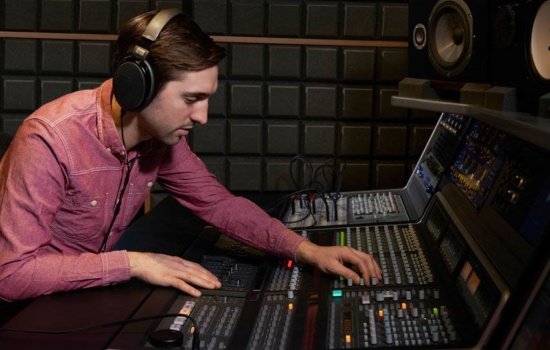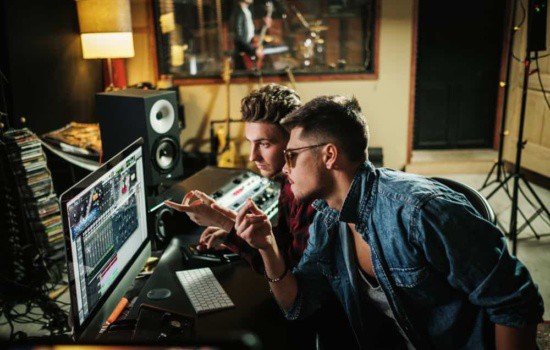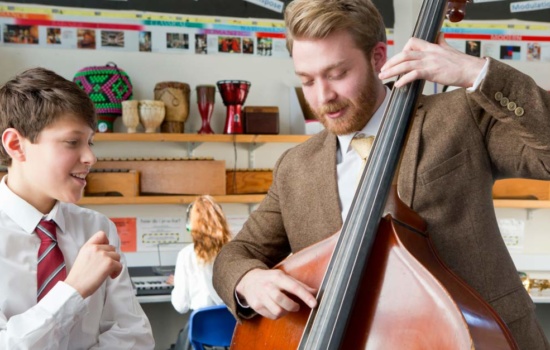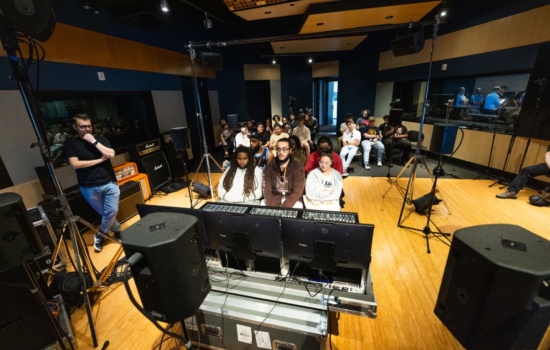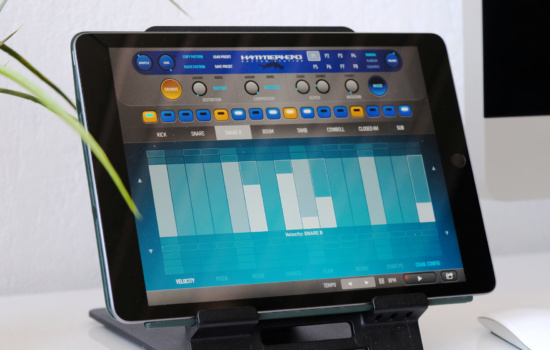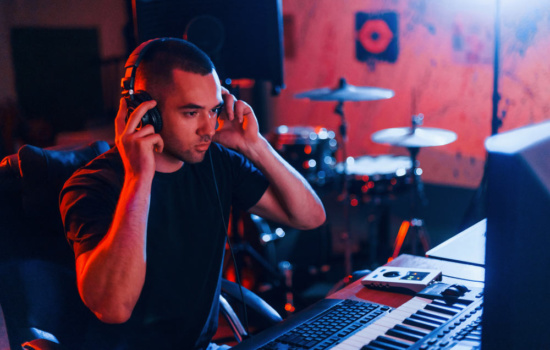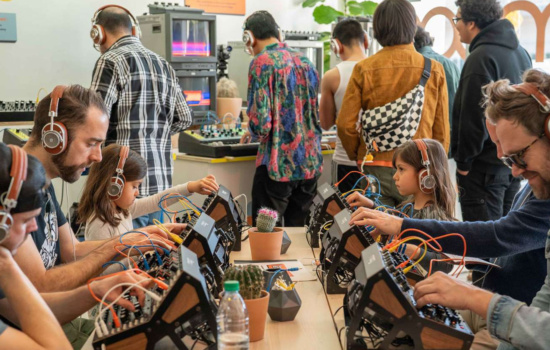What does a music distributor do?
While there is a lot of metadata, business relationships, and certainly technological processes that are involved, when it’s whittled down to a basic definition, music distribution is:
The process by which music is shared to platforms where the public can access it.
Decades ago, that was only record stores. Now, there are hundreds of social media platforms, streaming sites, and MP3 download stores that need music, and they’re all important. This is what music distribution companies focus on today, but the general idea remains the same.
The basic answer to this question is generally the same no matter when it’s asked, but what it actually entails looks very different depending on the year in which someone puts forth the query. At its most basic, music distribution is the process by which music is distributed to the digital storefronts, streaming music platforms, social media sites, and brick-and-mortar stores where the public can access those pieces of work.
These days, the whole process is handled by a number of third-party companies, who act as middlemen between artists, their teams, and their labels and those storefronts and streaming platforms mentioned above.
Back in the day, music distribution was a difficult, expensive, and drawn-out process that involved teams of dozens of people and a lot of organization, whether it was in regard to the biggest acts on the planet or an upstart new band.
Years ago, music distribution was the process by which CDs, vinyl, and even cassette tapes made it from a manufacturer to stores. For decades, people could only hear the tunes they loved by requesting them on their local radio station or buying them at a record store, so physical formats ruled.
This meant that every title–whether it be a brand new release from a globe-touring rock band, a repressing of a popular album by a Pop Singer from years back, or maybe even the LP that might make a local act famous–had to be in stores across the country and around the world. To skimp on distribution meant to lose out on potential sales and on forging relationships with listeners in many territories.
Currently, music distribution is still all about putting an artists’ work where fans and potential fans can find it and pay for it, though both the methods by which professionals do so and the places where that art can be accessed are both very different.
Now, music distribution is much, much, much easier for all involved parties. Sure, there are still CD stores and the major record labels still have networks and music companies they work with to ensure the bestselling titles can be picked up at places like Target, Walmart, and the few remaining independent music locations, but the focus now is almost entirely on streaming and digital purchases.
Music distribution these days involves a streamlined process that a number of competitors (which will be detailed later on) have mastered. The entire effort does still take time, but now, far less time is required for tunes to make their way to streaming giants and online storefronts. Sometimes it’s near-instant, while in other cases it may take a few weeks…but it’s certainly more streamlined and likely much faster than music distribution was even a few years ago.
Also, there are no longer any gatekeepers stopping anyone from putting their work in front of the entire world. Any release can be distributed, no matter how great or terrible, how popular or unknown the name behind it may be. If a band or an artist has the necessary funds and a computer, they can get their music distributed.
For years now, the music industry has been moving toward a more democratic way of doing things, with music distribution helping ensure everyone has at least a shot at becoming the next great star (or at least putting their work out into the world).



